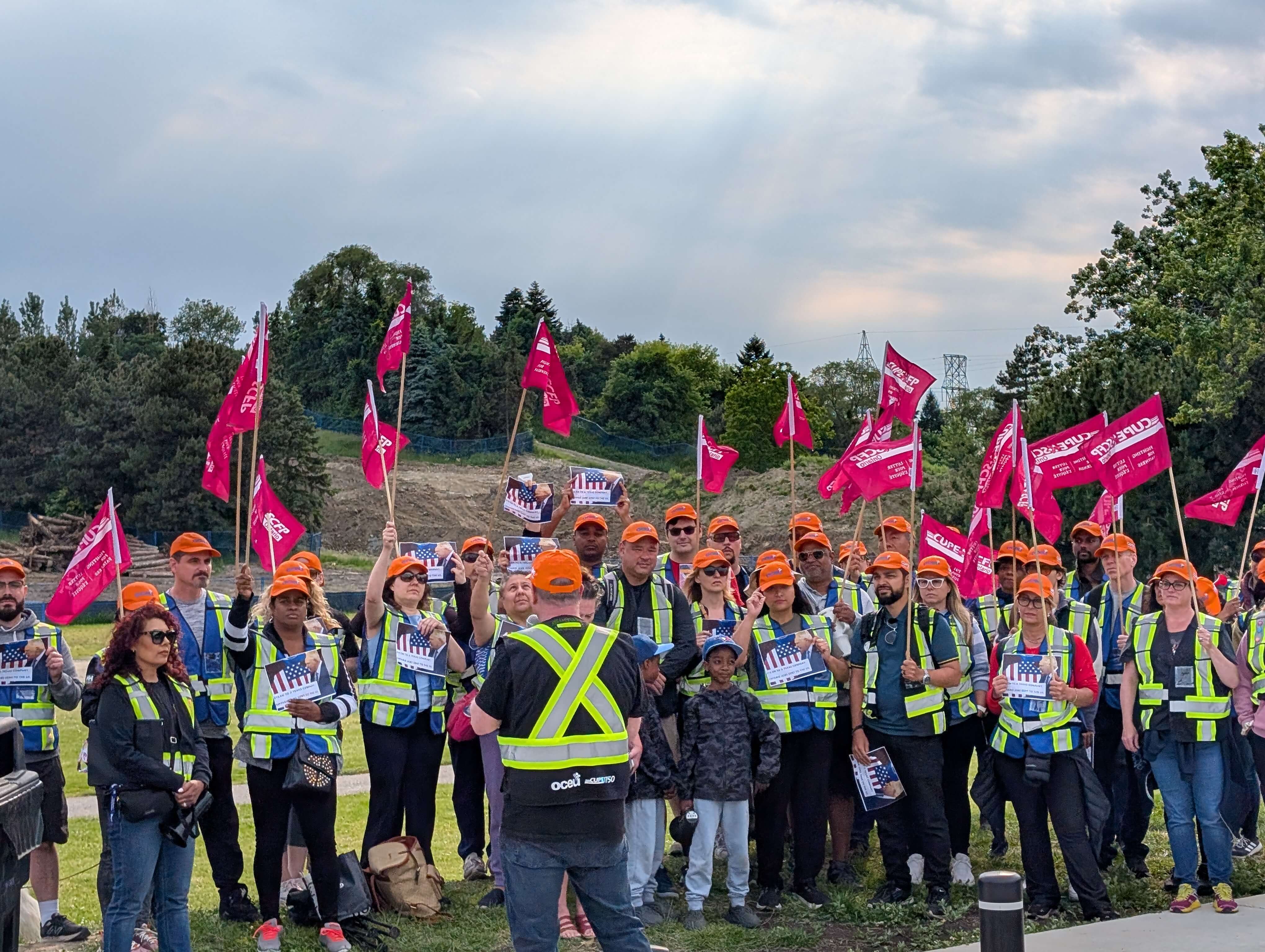Railcar maker fined three times for three fatalities in 21 months

Union leaders are intensifying their push for minimum sentencing laws to hold negligent employers accountable, following the announcement of another fine against National Steel Car.
Andy LaDouceur, the USW district six health, safety, and environment coordinator, is calling for change, stressing that current fines fail to deter repeat offenses.
"Fines for pretty much everyone remain low," LaDouceur notes, reflecting on the $240,000 penalty issued to National Steel Car for Quoc Le's death in June 2022. "In Ontario, we don’t have anything specific in the Occupational Health and Safety Act that prescribes a minimum fine for a fatality." Without minimum fines, he argues, employers often treat these penalties as just another cost of doing business.
National Steel Car’s safety track record remains under intense scrutiny, particularly after three worker fatalities in 21 months. Despite this, the penalties imposed have yet to reach even half of the $2 million maximum fine allowed by law. "Increasing the maximum fine achieves nothing. If they impose a minimum fine for a fatality, we might see fewer plea deals," LaDouceur suggests, pointing out that many cases are settled through plea deals due to a lack of resources to fight these cases effectively.
Beyond financial penalties, the discussion extends to the enforcement of the Westray Law, intended to impose criminal charges in workplace fatalities. LaDouceur highlights a significant gap in its application: "Since the Westray amendments came into effect in 2004, there haven’t been many convictions, not many charges. These fatalities aren’t always being investigated for criminal negligence, and they should be."
This issue extends beyond National Steel Car, reflecting a broader national problem, as Canada witnesses nearly 1,000 workplace fatalities each year. While National Steel Car shows some signs of improvement—"public record of what hasn’t happened since [Le's death]…could signal better things to come"—the broader context remains troubling.
LaDouceur wants dedicated investigators to handle workplace fatality cases, underscoring the urgency of reform. "We call for dedicated Crown prosecutors so that we can hopefully see this law that’s been around for a couple of decades actually mean something," he urges. He believes this change is crucial to ensuring the Westray Law does more than symbolically deter negligent behaviour by holding employers criminally accountable.
LaDouceur says it is importance to humanize these tragedies: "We need to humanize it rather than just have it be a very short blurb one day when it happens...This is a life lost, something that could have been prevented." Through stronger penalties, better enforcement, and a shift in societal attitudes, Canada can prevent further loss of life in the workplace and bring justice to those who suffer.





